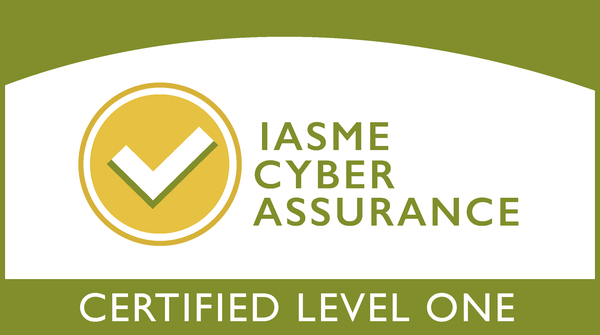REALLY, WHAT IS LEADERSHIP?
There is a lot of debate about what differentiates a successful leader from an average one and what is the difference between leadership and management?
Our take on the second question is that we are all managers, whether we are small team leader or the CEO, but the degree to which we choose to be leaders is down to us. To rework a well-used quote on the difference between change and progress - Management is inevitable but Leadership is optional!
Not surprisingly, leadership is rather hard to define. Kevin Kruse makes a great stab at it in an article entitled “What Is Leadership?” (Forbes magazine, 2013) disposing of a few popular but flawed definitions along the way to reaching his conclusion:
“Leadership is a process of social influence, which maximizes the efforts of others, towards the achievement of a goal.”
In terms of the first question – what makes a leader successful - based on our experience of running team-based business simulations for leadership and management development for the last ten years - we have isolated four key skills which seem to be present in most successful leaders.
These are Direction, Innovation, Collaboration and Execution - which conveniently form the acronym DICE. Hence the controversial title!
DIRECTION
“If you don’t know where you are going, any road will take you there!” THE CHESHIRE CAT (Alice in Wonderland)
A successful leader sets the direction of the team, project or venture and ensures it is clearly communicated and understood. This often requires them to be good at communications, defining strategy and making practical plans (at least at a high level).
A great place to develop and practice your direction setting skills is a Business Acumen Simulation like XSIM or COMPETE.
INNOVATION
“Innovation is change that unlocks new value.” JAMIE NOTTER
A successful leader is creative about attempting to solve problems which others just shrug and accept. Many of a leader’s outputs will be in the form of “Operational Decisions” where there was an optimum answer (provided, of course, you used evidence-based decision-making and not just gut-feel).
However, a significant part of a successful leader’s output is coming up with creative solutions to “Dilemmas” where there is no optimum, pain-free answer. Usually these dilemmas place one important value (e.g. customer satisfaction) at odds with another key value (e.g. staff welfare or profitability) and there is no easy answer. You have to make a trade-off – at least in the medium term. Creativity and innovation require strong change management skills as you try to sell your innovative ideas to your more risk averse colleagues.
A great place to develop and practice your Innovation and Change Skills are our Change Management Simulations COHORT and SPREAD.
COLLABORATION
“Great things in business are never done by one person; they are done by a team of people.” STEVE JOBS
A successful leader is proficient at collaboration with individuals and groups within their teams and organizations and also outside of their control. Such a leader recognises that there are many different levels of collaboration (e.g. Co-ordination, Co-operation and Co-Invention). They select the type of collaboration which is most appropriate in the given situation. One size of collaboration does not fit all. A key element of effective collaboration is to be able to build rapport and trust quickly with individuals.
A great place to develop and practice your Team and Collaboration Skills are our High Performing Teams and Collaborative Working Simulations CHAPTER and FUSION.
EXECUTION
“However beautiful the strategy you should occasionally look at the results.” WINSTON CHURCHILL
The best strategy in the world will not implement itself. Strategy is never an end in itself and top leaders focus on execution and implementation of strategy to achieve the promised results. Turning strategy into action and constantly refining actions based on projected results are key execution skills.
A great place to develop and practice your Execution and Implementation Skills are our Project Management and Collaborative Working Simulations CREW and PLAYOFF.
CONCLUSIONS
So do the best leaders just throw the DICE and hope for success? Of course not. However they do use DICE to maximise their chance of success - Direction, Innovation, Collaboration and Execution!



